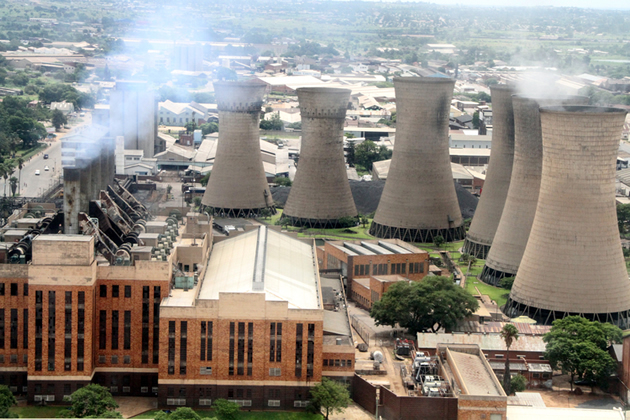The business community in Bulawayo has called on the government to create an enabling industrial environment in the New Year to ensure the economy thrives for the good of everyone.
Zimbabwe’s economy, which contracted by -7 percent last year is facing a cocktail of challenges, chief among them, power outages, the volatile currency, price distortions, shortage of fuel, high taxes, subdued industrial production and many others that the country has been contending with for two decades now.
The year 2020 is not promising to be a good one for many businesses in the city, once the industrial hub of Zimbabwe.
Zimbabwe National Chamber of Commerce (ZNCC) Bulawayo chapter, chairperson, Brighton Ncube, said while the year was not promising, they expected the powers-that-be to improve the operating environment.
“The signs of an impending drought this season are dampening the little prospects of a bright outlook for 2020,” Ncube told CITE.
“Our economy is mostly agro-driven and the drought strikes right at the core of any hopes for economic growth. We are optimistic though, going by what the bureaucrats are saying, that the rewards for the austerity measures implemented last year will begin to show this year.”
The captain of business said the government needed to continue improving the environment for the ease of doing business.
“The policy interventions must encourage growth and attract foreign direct investment,” he posited.
“At present business feels there is over-regulation and it’s stifling growth. Confidence must be instilled in the use of the local currency. There is a need for business and general stakeholders to seriously start diverting to renewable sources of power as a means of long-term planning for the continued sustainable energy sources.”
Ncube added: “Energy is a key enabler to an economy especially in agriculture, manufacturing and mining which underpin our economic growth and wellbeing. Corruption should be dealt with decisively as it is weighing down heavily all the other efforts to turn the economy around.”
Bulawayo businessman, Tshidzanani Malaba, said stabilising the local currency should be on the top of the government’s priority list.
“There should be policy consistency and predictability of all policies, the oldest song we have ever sung,” said Malaba
He added there was a need for the country to grow the formal instead of the informal economy.
“The country also needs to embark on water harvesting for irrigation agriculture and livestock support. It must be certainly cheaper to irrigate than to import,” said Malaba.

